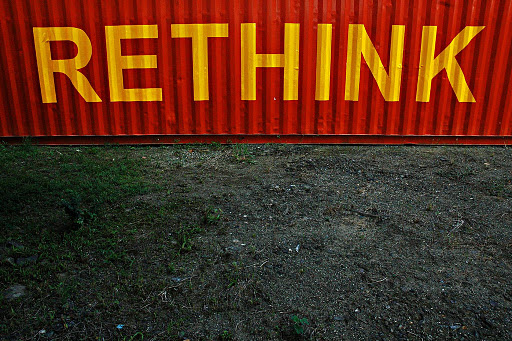The role of women in 2011 also presents a good starting point for an understanding of the conditions that makes a moment transformational. Transformative moments, come in personal life as much as in political life. They rely on reconfigurations of the assumptions of what is common knowledge and how this common knowledge is translated into known-knowns by the interactions on the web. That is to say, this year we saw as loudly and clearly as possible, women not only sounded the call that brought people to the streets in the middle east but were adept at using technology in sounding this call.Thereby reconfiguring the assumption of what was considered common knowledge about women in the middle east and women and technology. The shattering of this common knowledge was then followed bythe “new” known-knowns on the web of “Arab women as revolutionary”.
However in my opinion the power of this newly acquired understanding of known-knowns to shape contentious gender politics is only one of the numerous important factors that is needed to effect significant change in domestic politics. Both the interaction frequency (on the web) and closeness of relationship (of the actors on the web) are characteristics which influence the strength of ties created on the web and thereby determine the power and influence of these known-knowns to impact change. As has been witnessed in the subsequent move to electoral processes in Egypt and Tunisia where realization that overthrowing dictators was easier than overturning the pervasive supremacy of men was apparent in the absence of women in the Constitutional Amendment Committee. This also speaks to the short shelf life of known-knowns of the web and avoiding mistaking information for influence in domestic decision making.
Democratization takes place within a social, economic and historical context and does not necessarily entail a democratization of power relations in society at large, particularly between men and women. This of course has direct implications on the role that women can play. The inherent difficulties of building effective institutions for enabling equal democratic participation by all requires a move from mass mobilization to organizational capacities during transition. This is one of the many hurdles that women continue to face in seeking a seat at thedemocratic table.
However, putting the metaphorical ‘women’s right genie’ back in the bottle is no longer an option. The power of women in public spaces has never been more visually captured or vividly experienced by the world before as during the Arab spring. This year was an epochal period of activism which was built up because of thisgeneration’s advances in education and professions while embracing the ability of Internet to communicate, organize and publicize everywhere, instantaneously. The future for women inpublic spaces can be best summed up in the words of Larbi Ben M’Hidi in the Battle of Algiers, “It’s hard enough to start a revolution, even harder to sustain it, and hardest of all to win it. But it’s only afterwards, once we’vewon, that the real difficulties begin.”
